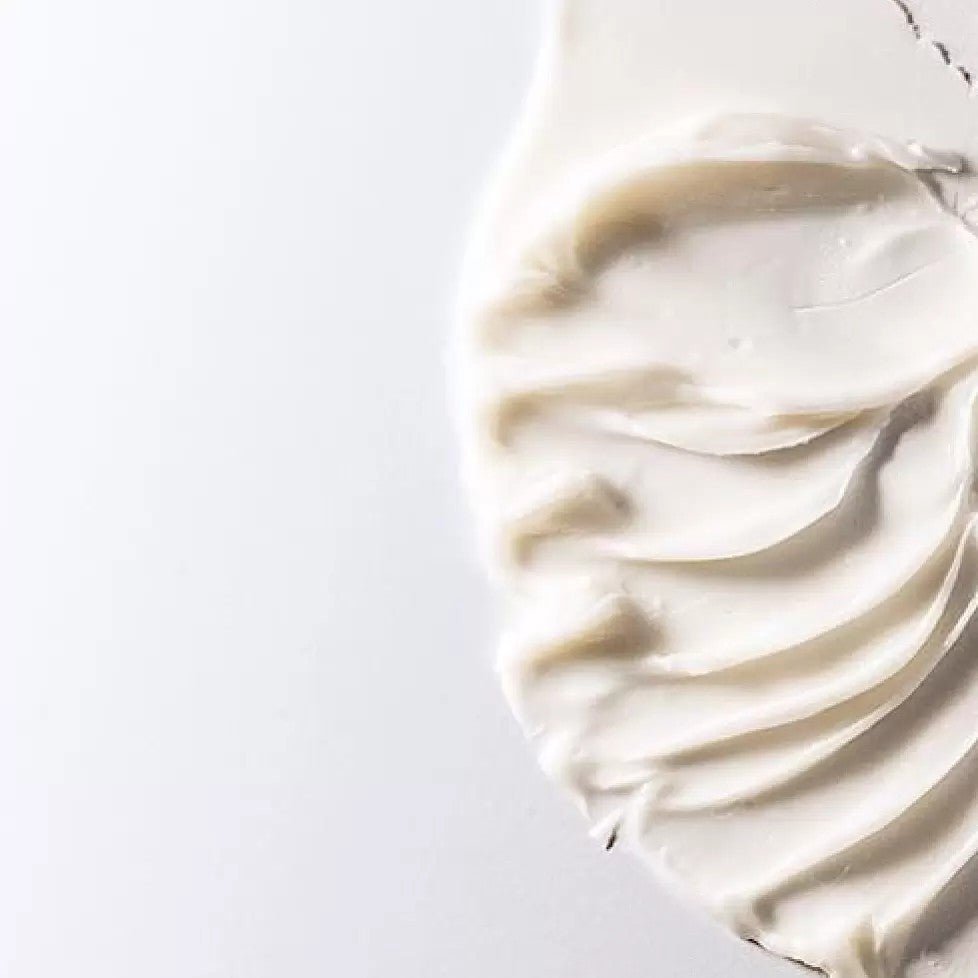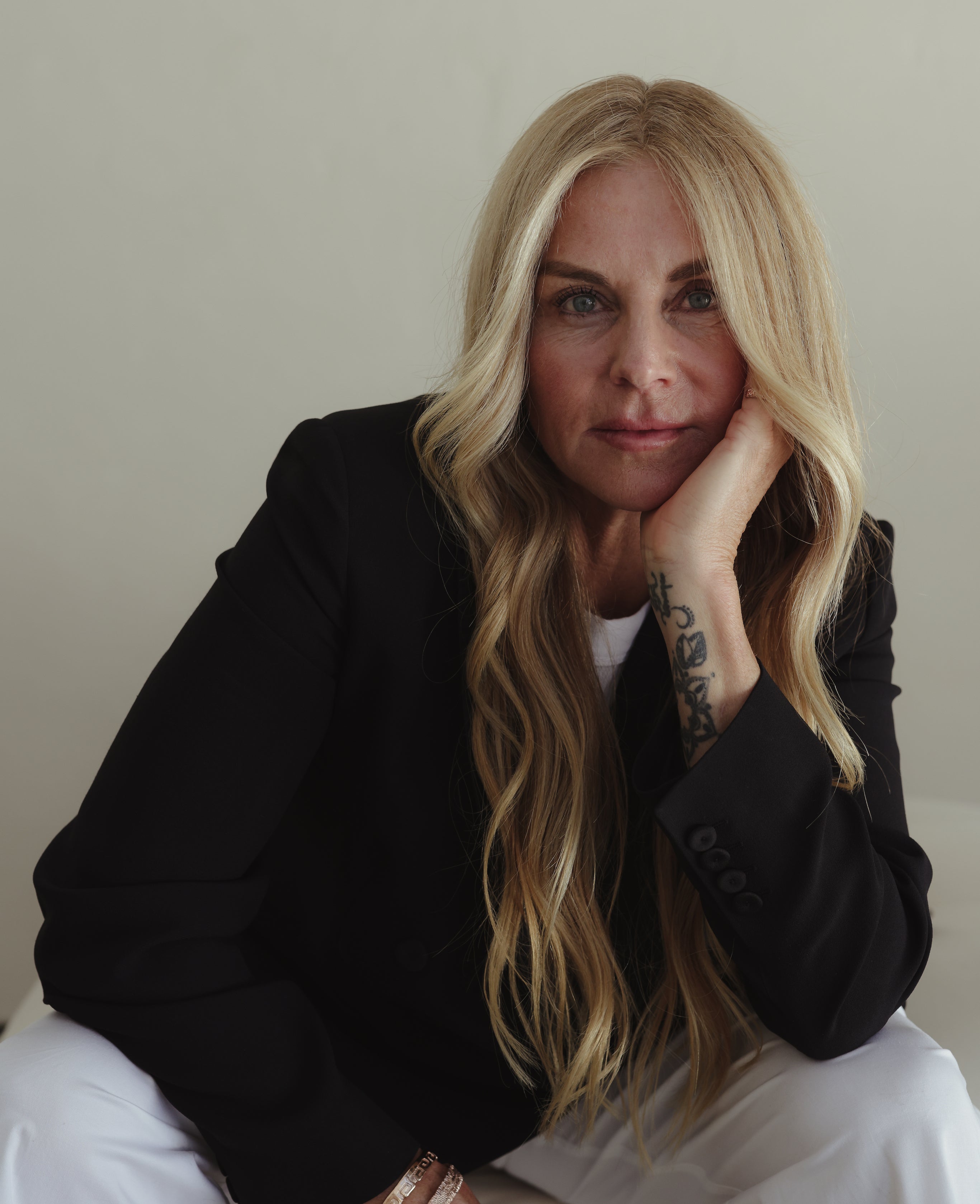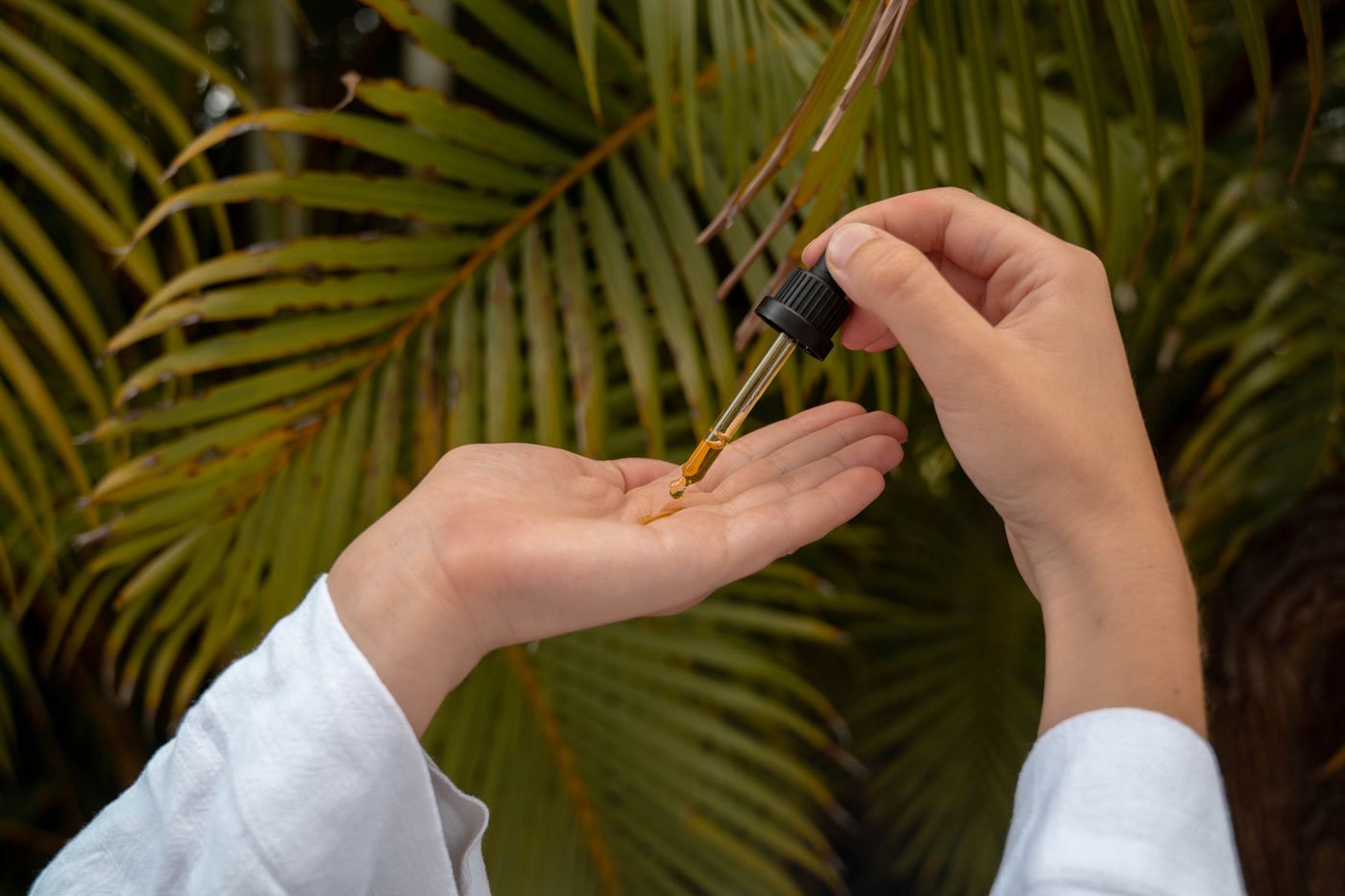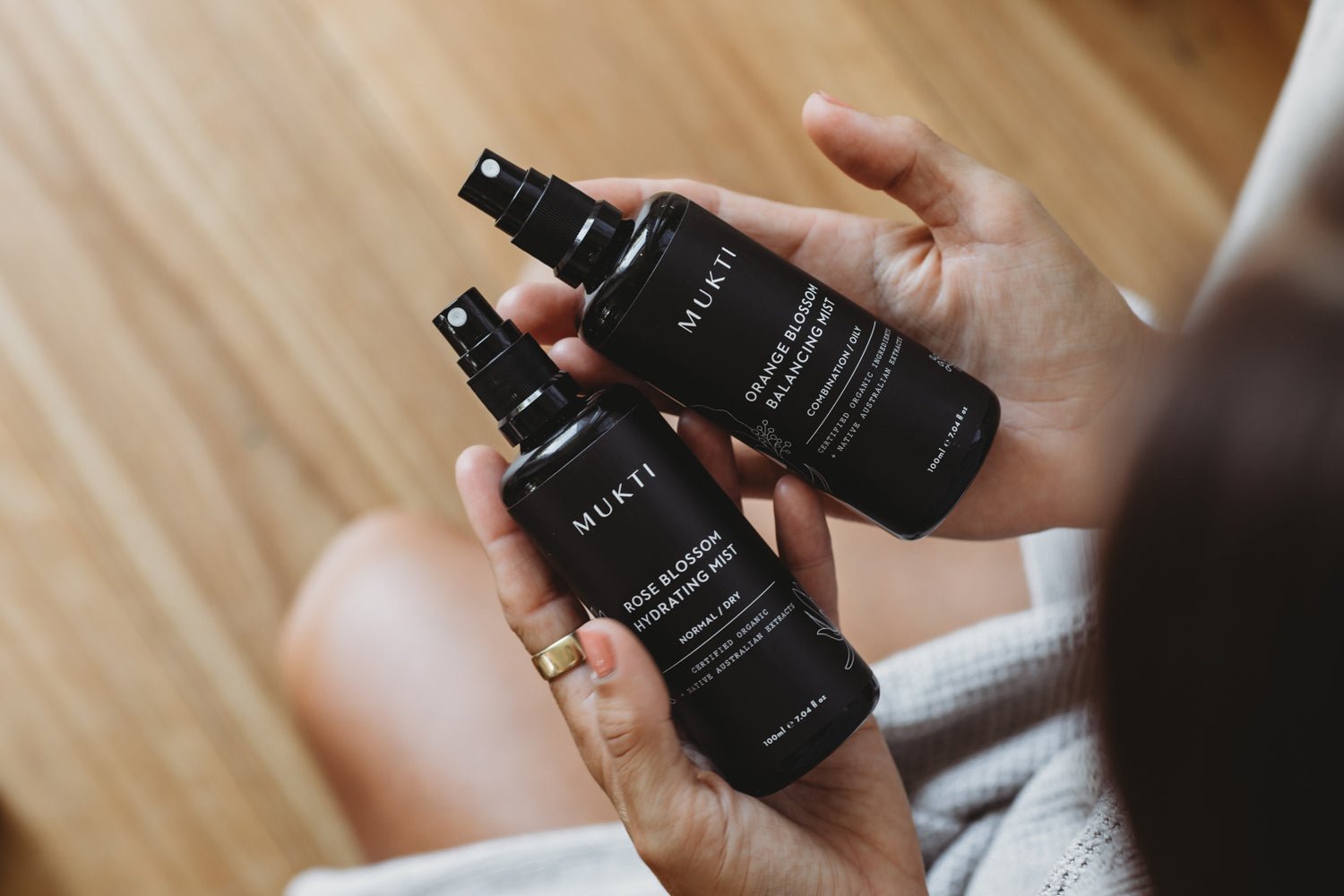
The Truth About Natural Preservatives in Skincare and Cosmetics
The reassuring use of natural and organic preservatives is a major reason many people are turning to organic skincare. More of us are shunning preservatives found in regular skincare products due to concerns about their long-term accumulative effect. After all, the "poison is in the dose."
In formulating, it's paramount to find the correct preservatives in order to control microbial activity, as well as retard and eliminate the growth of topical pathogens and microbes. Fortunately, preservation of skin care has vastly evolved in recent years.
Four potential problems with organic and/or natural skincare and preservatives:
- Some "natural and organic" skincare products might still contain potentially toxic preservatives (check your labels, make sure it is third-party certified organic as a guarantee of purity).
- The bona fide natural and organic skincare products that don't contain those harsh preservatives might not be properly preserved. With the recent influx of beauty brands, DIY and white label products on the market, it's also extremely important to verify how and where products are manufactured. As the industry is still grossly unregulated, conduct your own research to ensure that your products have been made and bottled in a GMP approved facility. This guarantees that your products are compliant and have undergone rigorous safety, stability and efficacy testing.
- Formulators are at the mercy of manufacturers who create proprietary ingredient blends that may have their own preservation systems. For example, many plant based extracts contain food grade preservatives such as sodium benzoate and potassium sorbate. Unfortunately, these have been demonised as being bad but are in fact very necessary and in such minuscule amounts in the overall formulation they are negligible. Check positioning on the ingredient label to verify the percentage. If it is listed at the very end of the label then it is likely in the formula at < 0.0010%.
- Most importantly of all, inadequate preservation can be equally as hazardous to our health. Not only do contaminants smell bad, they are potentially pathogenic and may require medical treatment if applied to dry, fissured and cracked skin.
Cosmetics are often stored in warm and moist environments such as bathrooms, which are a breeding ground for bugs. Our skin also contains microorganisms and with the addition of tap water, which is not sterile, makes it very easy for products to become contaminated and start to degrade.
Unless a product is completely oil based, it will require some form of preservation, natural or otherwise. Oil based products also deteriorate and oxidise with age, giving off a rancid odour. Ideally oils, nuts and seeds that are applied to the skin and orally ingested should be refrigerated to prolong their shelf life.
A product that contains 20% or more alcohol is naturally preserved because of its high alcohol content in relation to the product’s overall volume. When a formulation is more acidic, bacteria, yeasts and moulds can’t develop as easily. Grain alcohol (not to be confused with isopropyl alcohol) has a broad history over the centuries for both extraction and preservation in the use of herbal remedies, plant extracts and tinctures.
A rule of thumb for all jarred products that are organically or naturally formulated, is to dispense your product with a spatula and use within three months of opening to prevent cross contamination. Just like food products, skincare products have a best before date and a recommended period after opening (PAO). To find this look on the label for a best before batch number and the open jar symbol.
When I first began formulating back in the late 90s with the intention of creating certified organic skincare products with minimal or natural preservation, there was very few choices available. Over the years of tweaking and reformulating the products I have trialled many different plant based preservatives; some were successful and others failed miserably.
Fortunately, as the demand for natural and organic products has increased, so have the number of natural preservatives that actually work. Thankfully, there are a vast array of natural preservatives with broad spectrum anti-fungal and anti-bacterial properties to combat microorganisms, mould, fungi, bacteria from proliferating after you start using your product.
HOW WE PRESERVE OUR PRODUCTS
We take a two-pronged approach to preservation: Biophotonic glass and COSMOS approved preservatives. We keep our natural preservative levels to the approved global standard and provide transparent ingredient labeling.
BIOPHOTONIC GLASS
To us, our packaging serves as more than just a storage vehicle. It plays an integral role in maintaining the potency, efficacy and freshness of our products. The science of biophotonics offers maximum protection and serves to preserve against degradation by blocking out the harmful rays of light while enhancing the resonance of our bioactive ingredients. By only allowing the ultraviolet light spectrum to penetrate the glass, products can remain stable for extended periods.
BENZYL ALCOHOL, DEHYDROACETIC ACID
A COSMOS approved preservative system that is effective against moulds, yeasts, bacteria and other microorganisms. It acts as a stabilising agent against the oxidative breakdown of the product. They are both organic compounds offering a broad spectrum of stability at a wide range of pH.
PHENETHYL ALCOHOL NATURAL
This product’s active principle is an aromatic. Pure, naturally occuring phenethyl alcohol is found in nature in many flowers. It has a delicate rose-hyacinth-like scent and is therefore also used in the perfumery industry as a natural fragrance component. The good antimicrobial activity gives a contribution to yield self-preserving products with no further need for traditional preservatives.
GLYCERYL CAPRYLATE
Produced using only plant materials. Glyceryl monoesters are versatile antimicrobial additives. It has moisturising and re-fatting properties that assist with improving and maintaining the moisture and balanced environment of the skin. It can also help to combat impurities due to its strong activity against propionibacterium acnes.
P-ANISIC ACID
A naturally derived, aromatic compound that acts as a co-preservative and masking agent.
SODIUM LEVULINATE & SODIUM ANISATE
This product’s active principle is a blend of compounds found in many plants in nature and are antimicrobial preservatives derived from corn and fennel respectively. The gentle ingredients improve the natural acidic environment of the skin and also assist with moisturisation. Interestingly, bees also use one of the naturally occurring plant acids for the difficult task of protecting their pollen and nectar against microbiological spoilage.
QUESTIONABLE PRESERVATIVES FOUND IN MAINSTREAM BEAUTY
PARABENS
Given that natural, non-toxic and extremely effective preservatives now exist, it’s inexcusable that so many skincare and personal care companies continue to use cheap paraben preservatives (methyl, propyl, butyl, isobutyl, and ethyl) and potentially harmful synthetic chemicals derived from a petroleum or crude oil base.
It’s been known for some time that parabens can mimic the effect of estrogen, rendering them endocrine disruptors, and they have been found to be present in the tumors of breast cancer patients. Significantly, research shows these parabens are readily absorbed through the skin, not taken orally.
Other potentially dangerous chemical preservatives you should avoid include:
BHT (butylated hydroxytoluene), C12-15 alkyl benzoate, diazolidinyl urea, disodium EDTA, DMDM hydantoin, EDTA, formaldehyde, methylchloroisothiazolinone, methylisothiazolinone, quaternium 15, tetrasodium EDTA, germaben ii, and some .
PHENOXYETHANOL
A widely used preservative across a broad range of personal care products, cosmetics and vaccines that limits the growth of bacteria. It’s also used as a stabiliser and in perfumes and soaps. Exposure has been linked to eczema and severe allergic and anaphylactic reactions. Oral exposure in infants can affect nervous system function. If used in conjunction with parabens, the allergic effects of phenoxyethanol can be enhanced and, for those who have sensitivities, the reactions can be extreme.
Want to find out more about what is lurking in your skincare? Sign up for the revised edition of my book Truth in Beauty coming soon!
Related Articles:
Alcohol in Skincare: Which Ones Should You Avoid?
Ingredients to Avoid in Skincare Products
How to Avoid Contaminating Your Skin Care Products
Harmful Ingredients to Avoid in Self-Tanner and Tanning Creams




1 comment
I feel happy when skincare formulators use well researched and natural products. After all Mother Nature has everything in her, it only needs to be unraveled with a selfless intention and provided honestly. Do you send out any newsletters on the natural ingredients in skincare, I would like to subscribe to one. Thank you for the above information share ,it is very valuable.
Geetu
Leave a comment
This site is protected by hCaptcha and the hCaptcha Privacy Policy and Terms of Service apply.